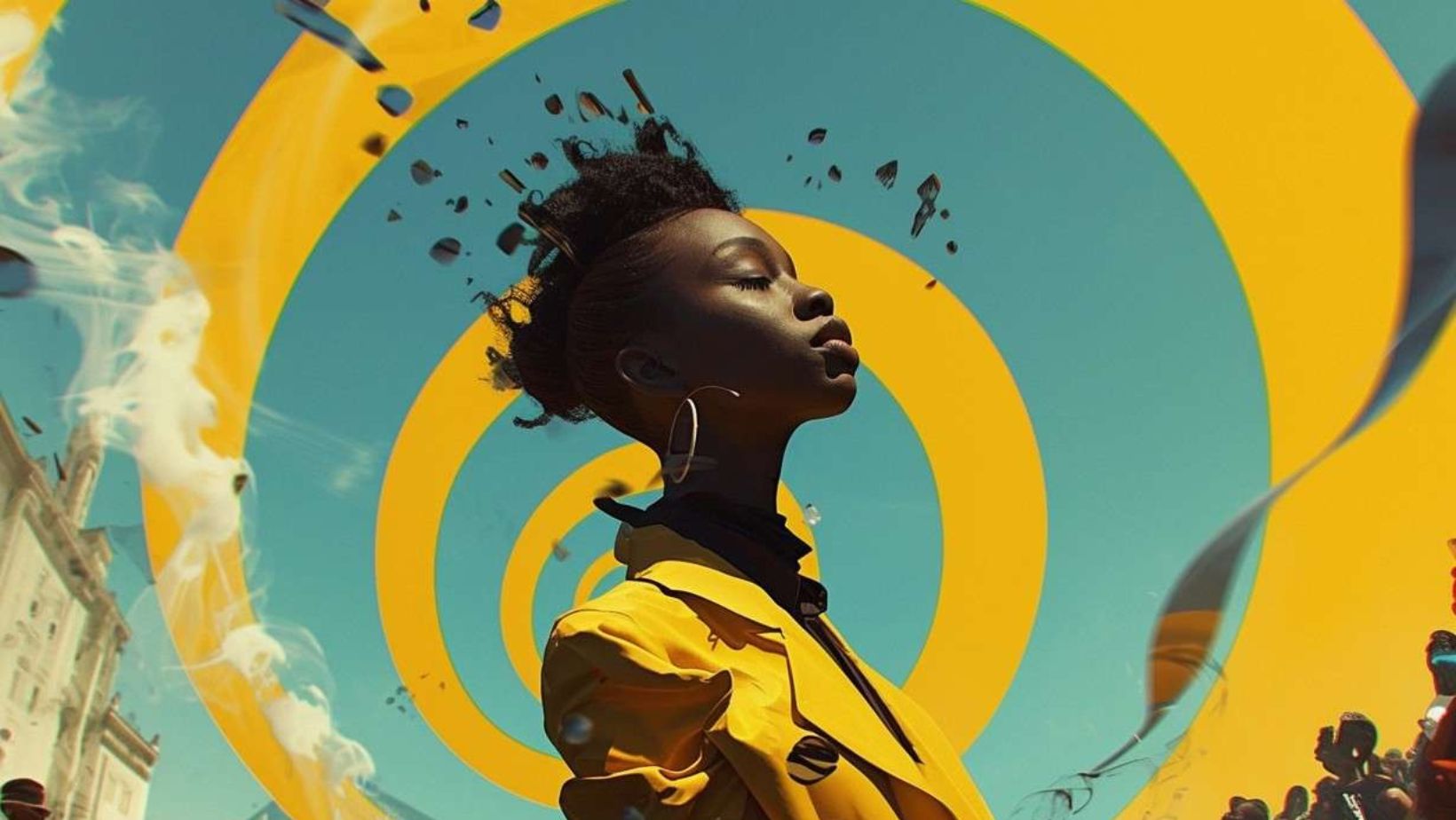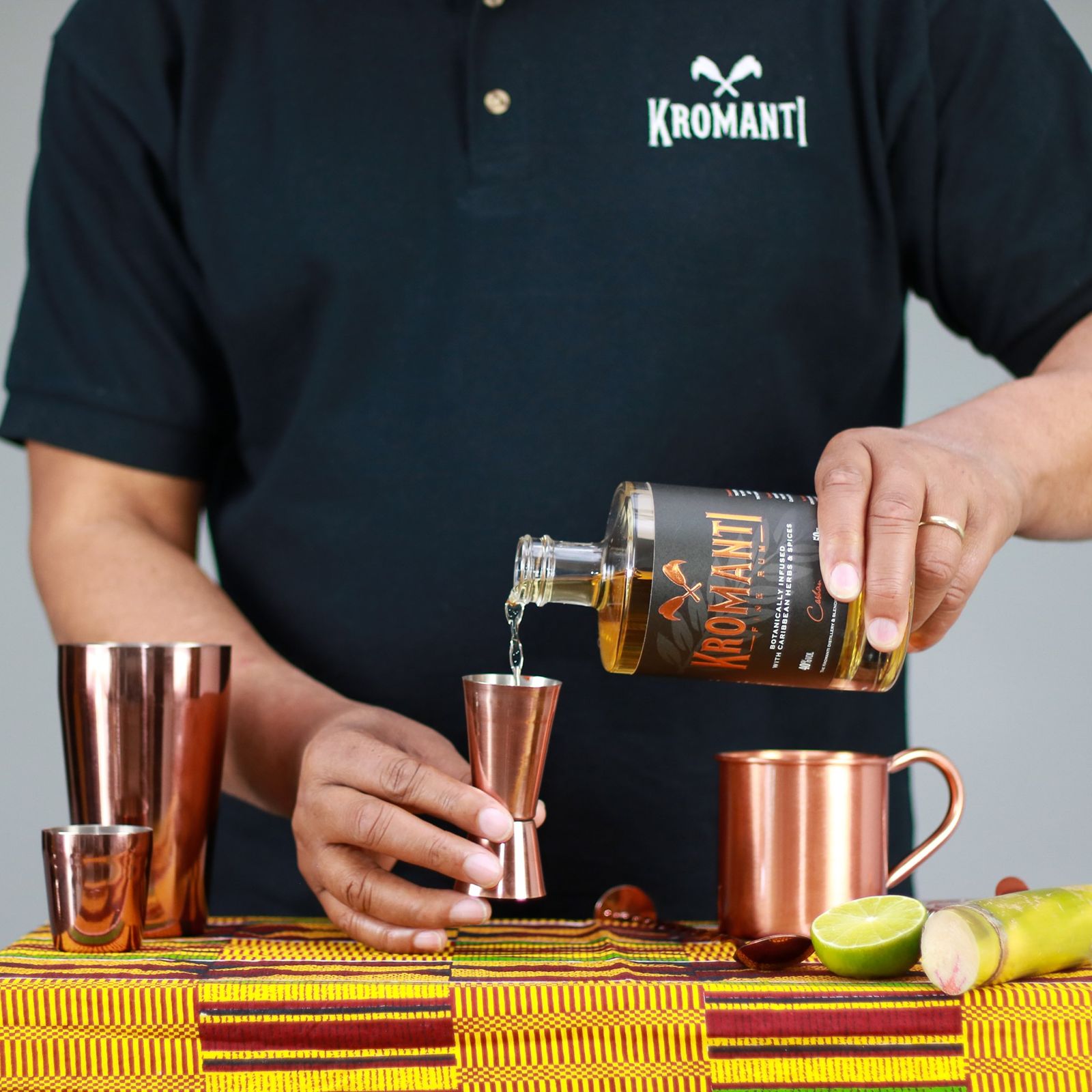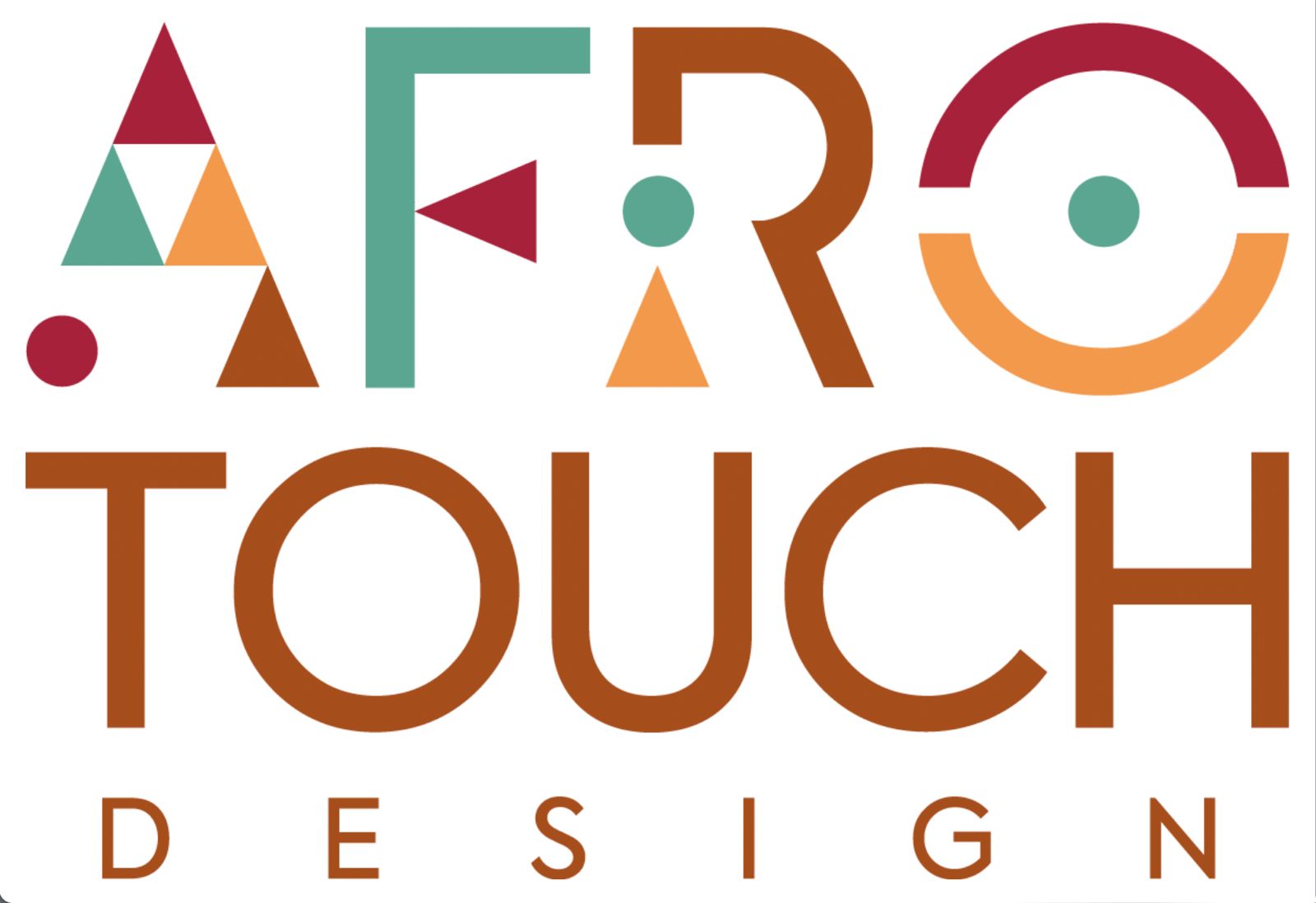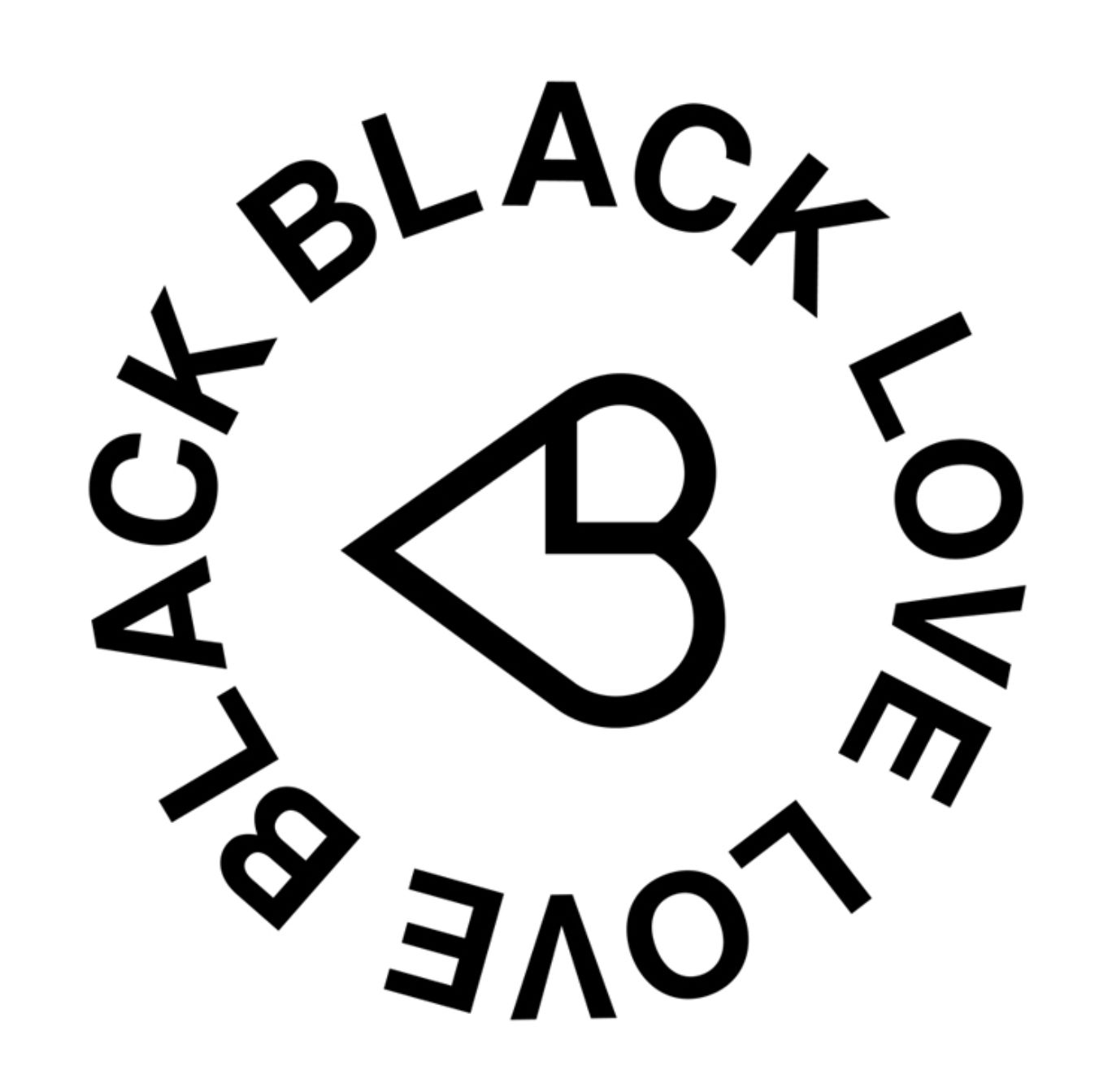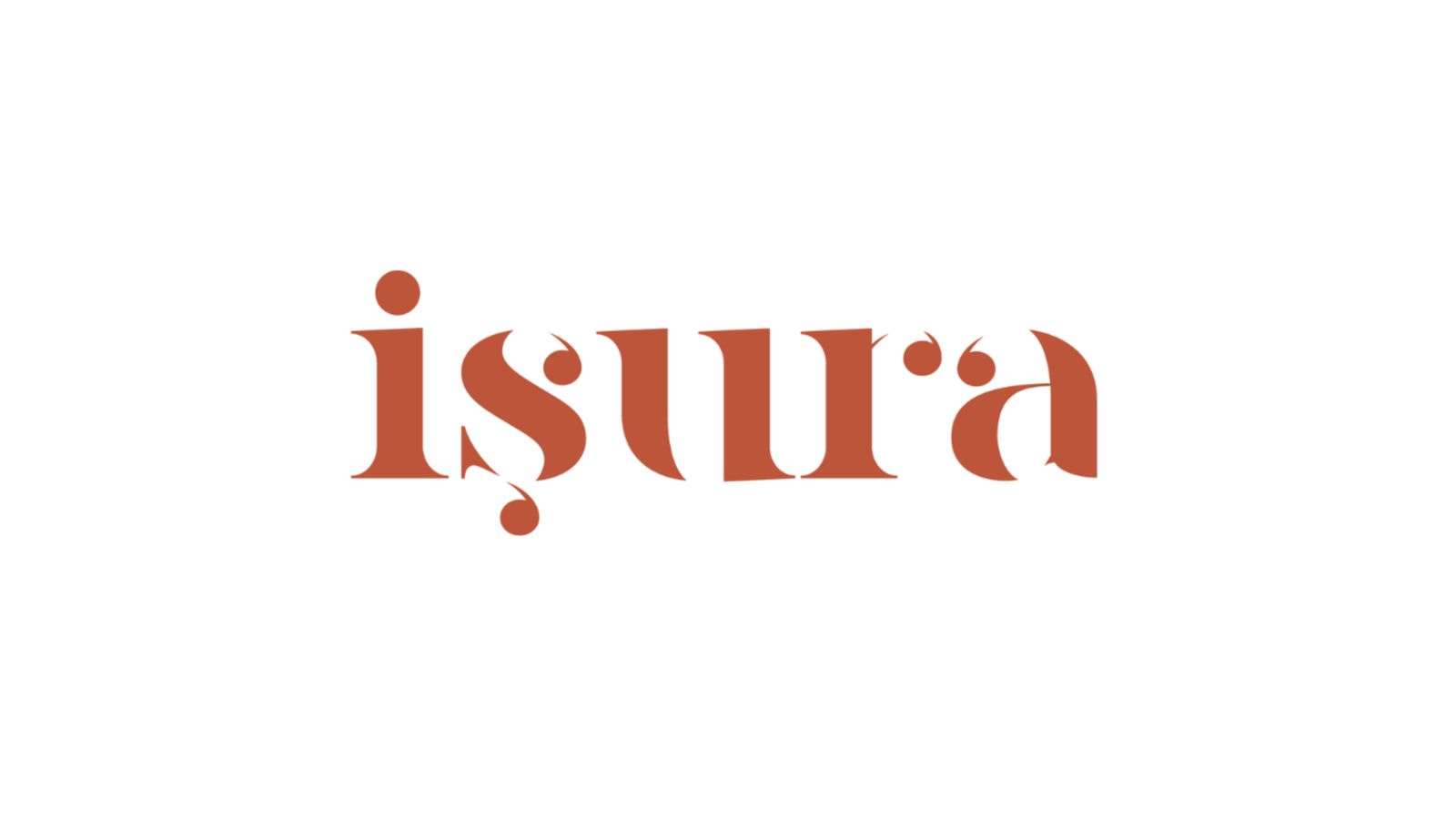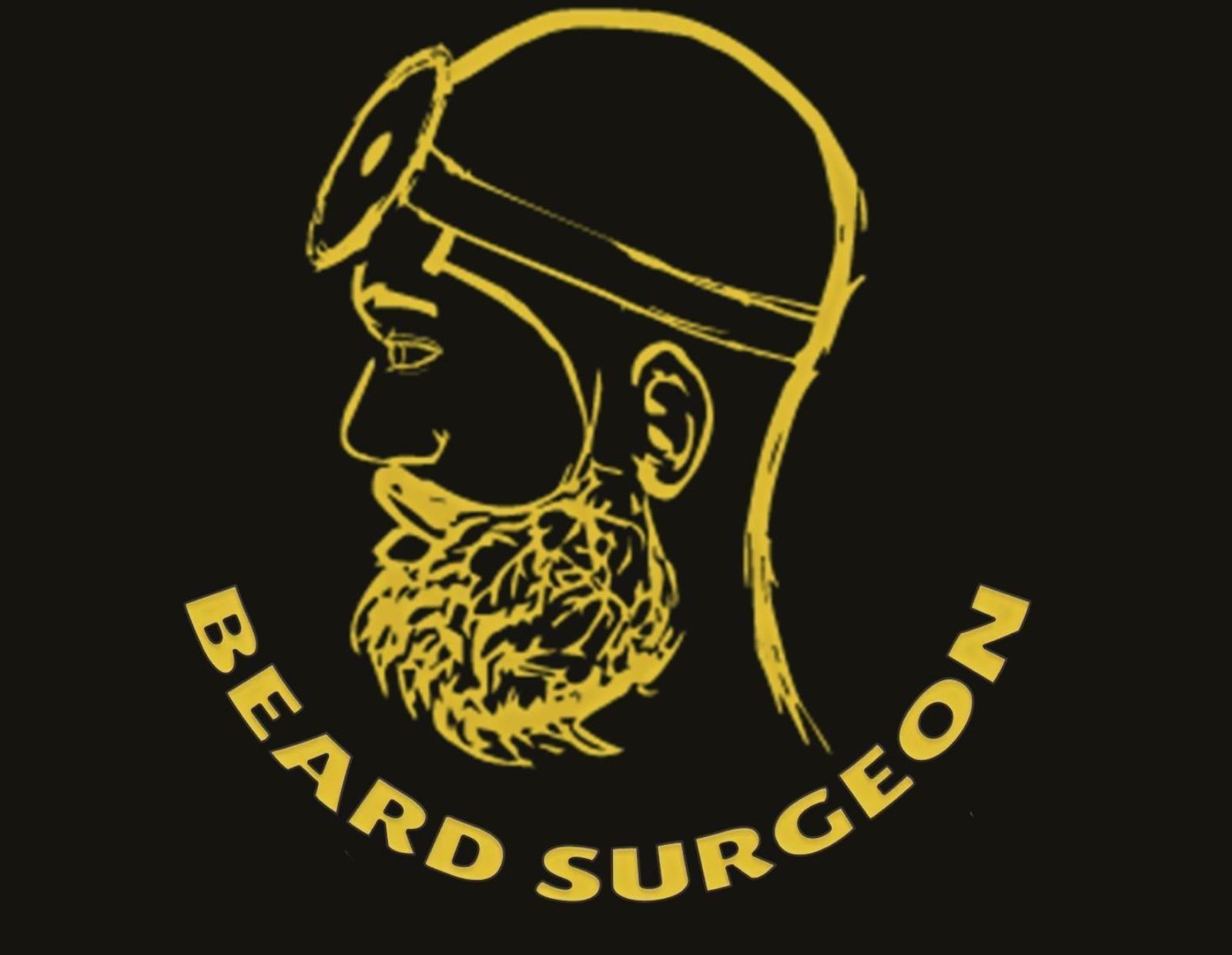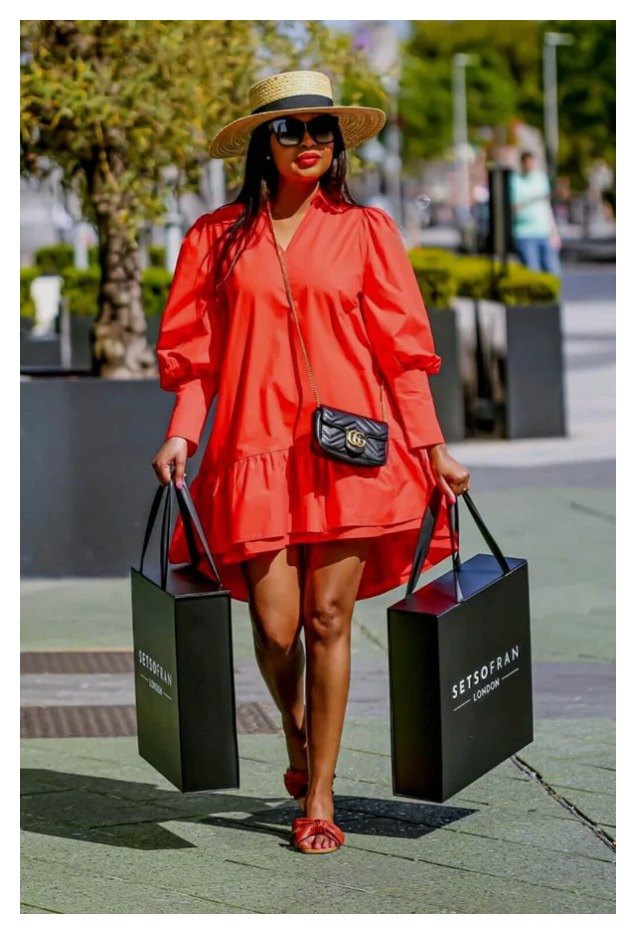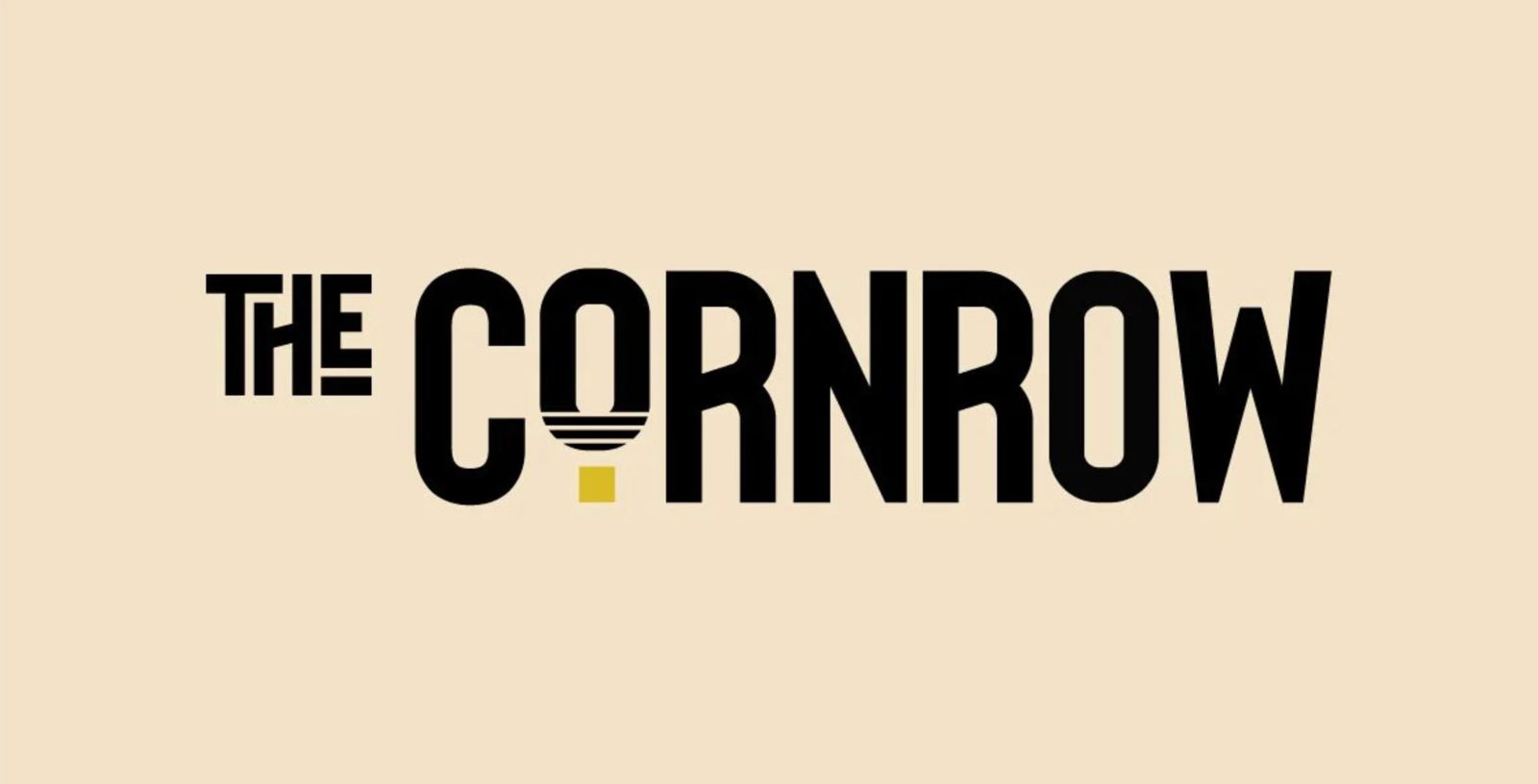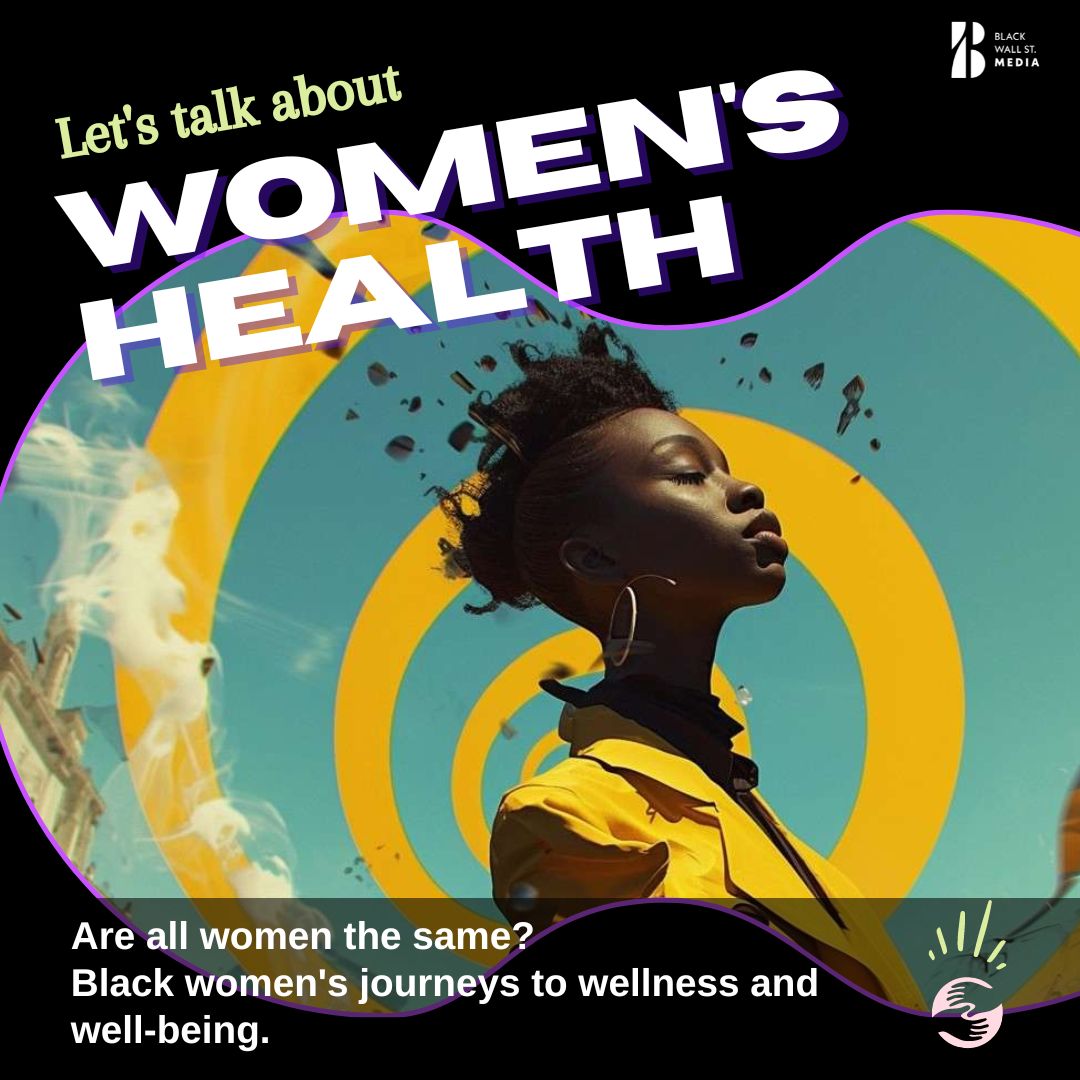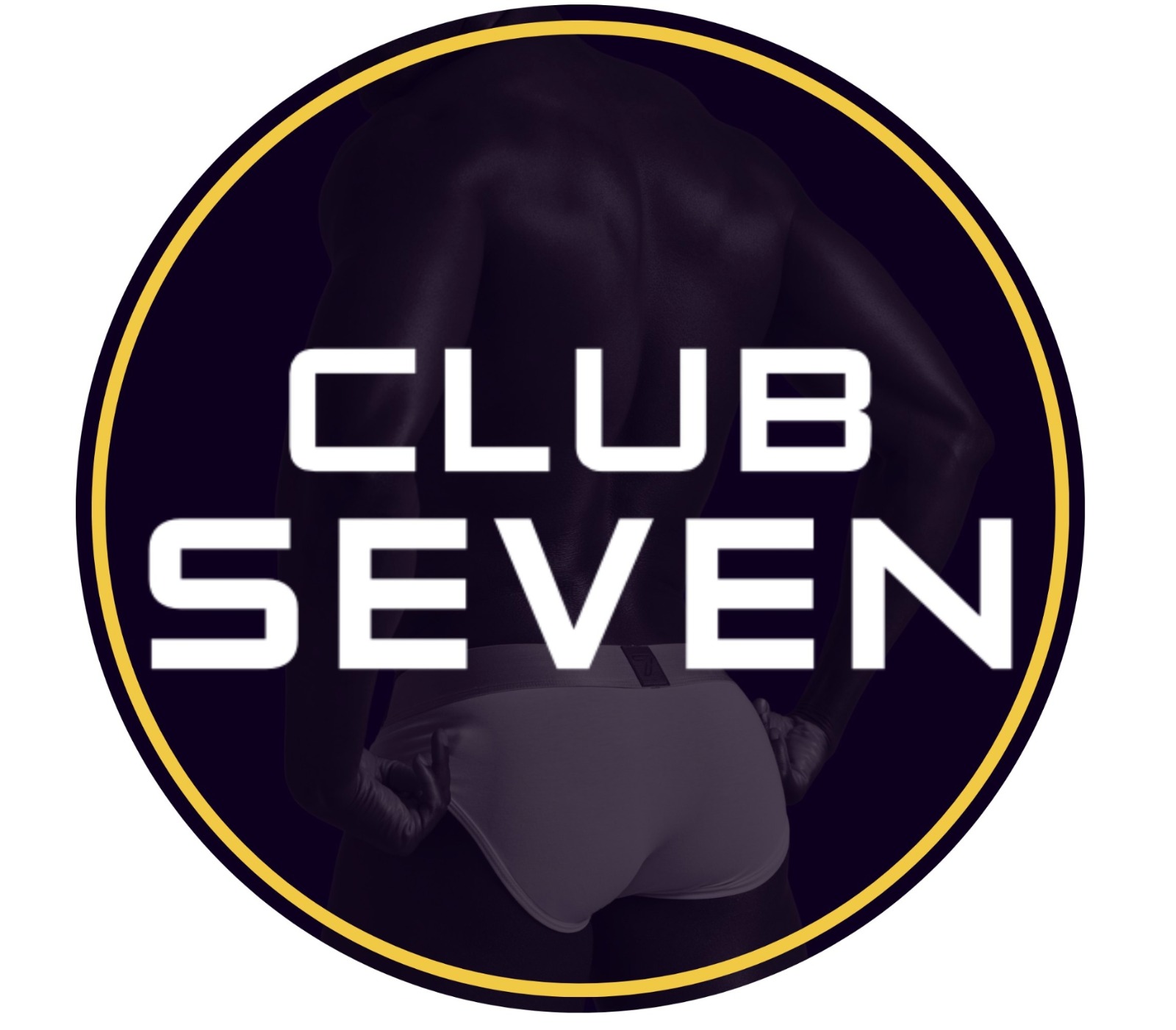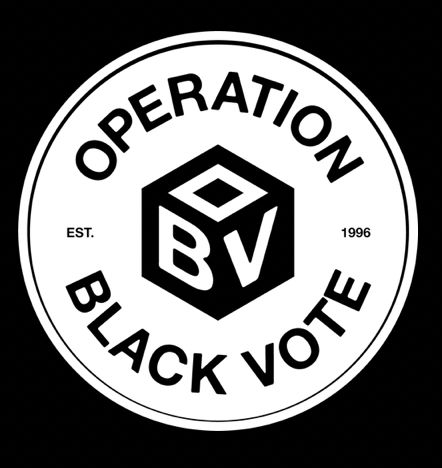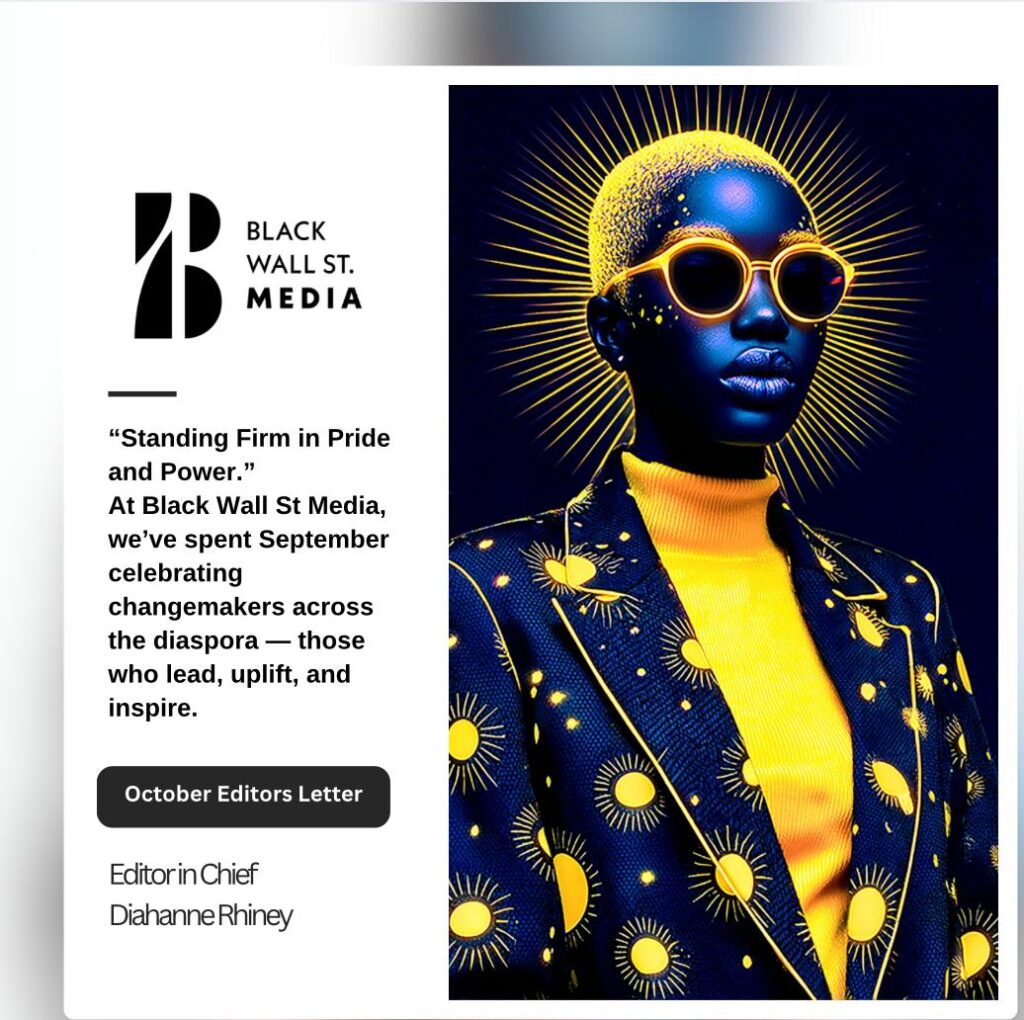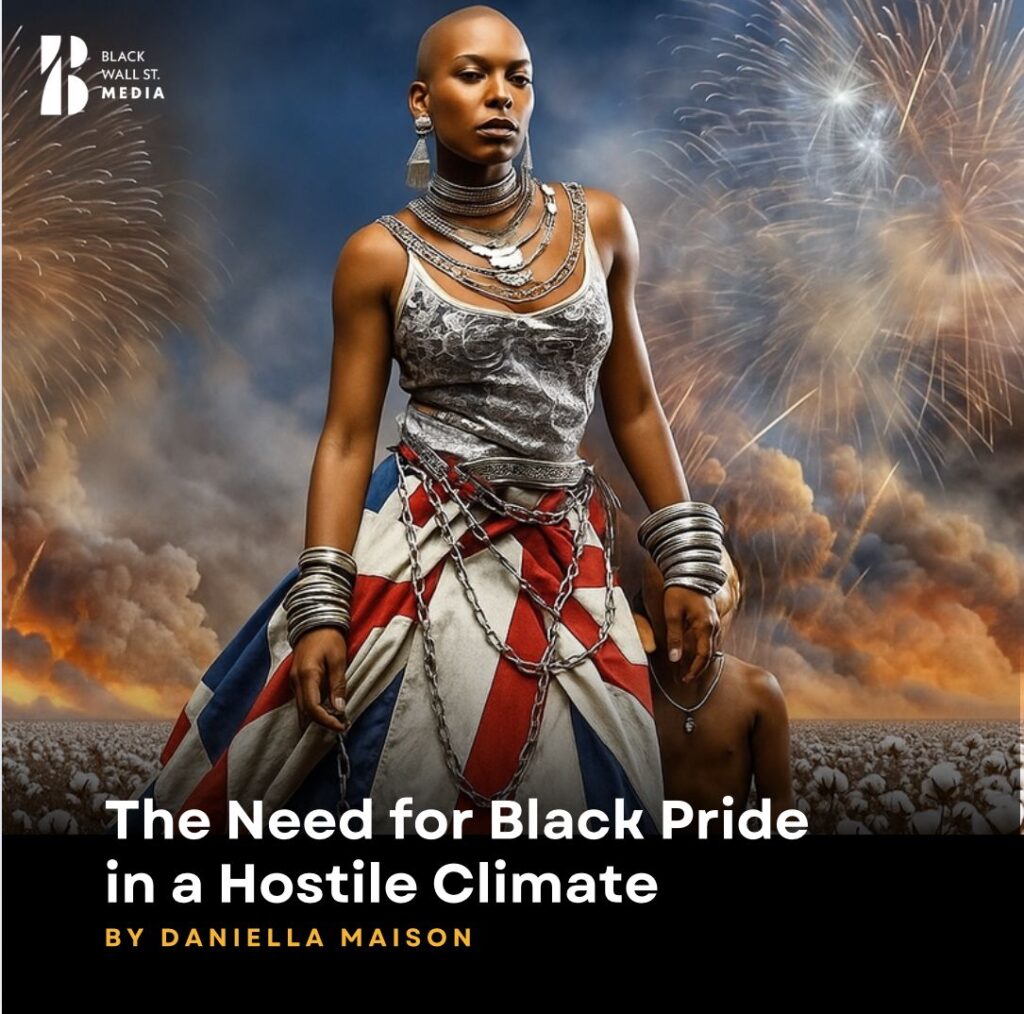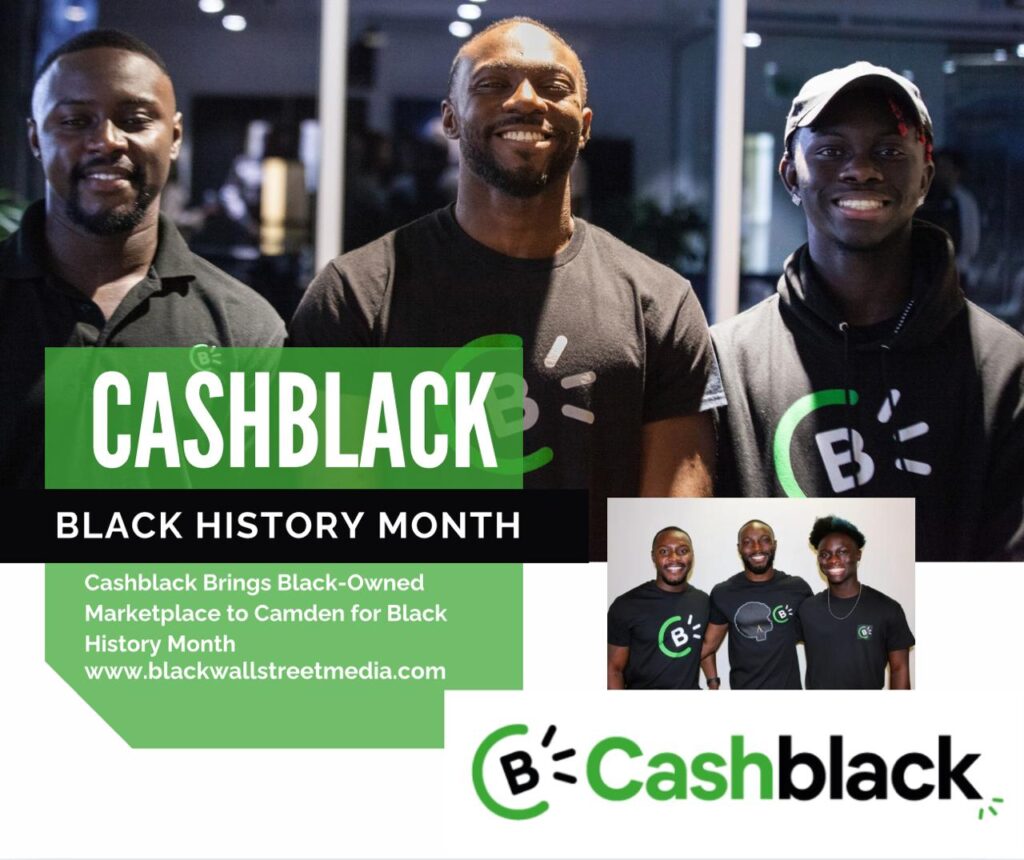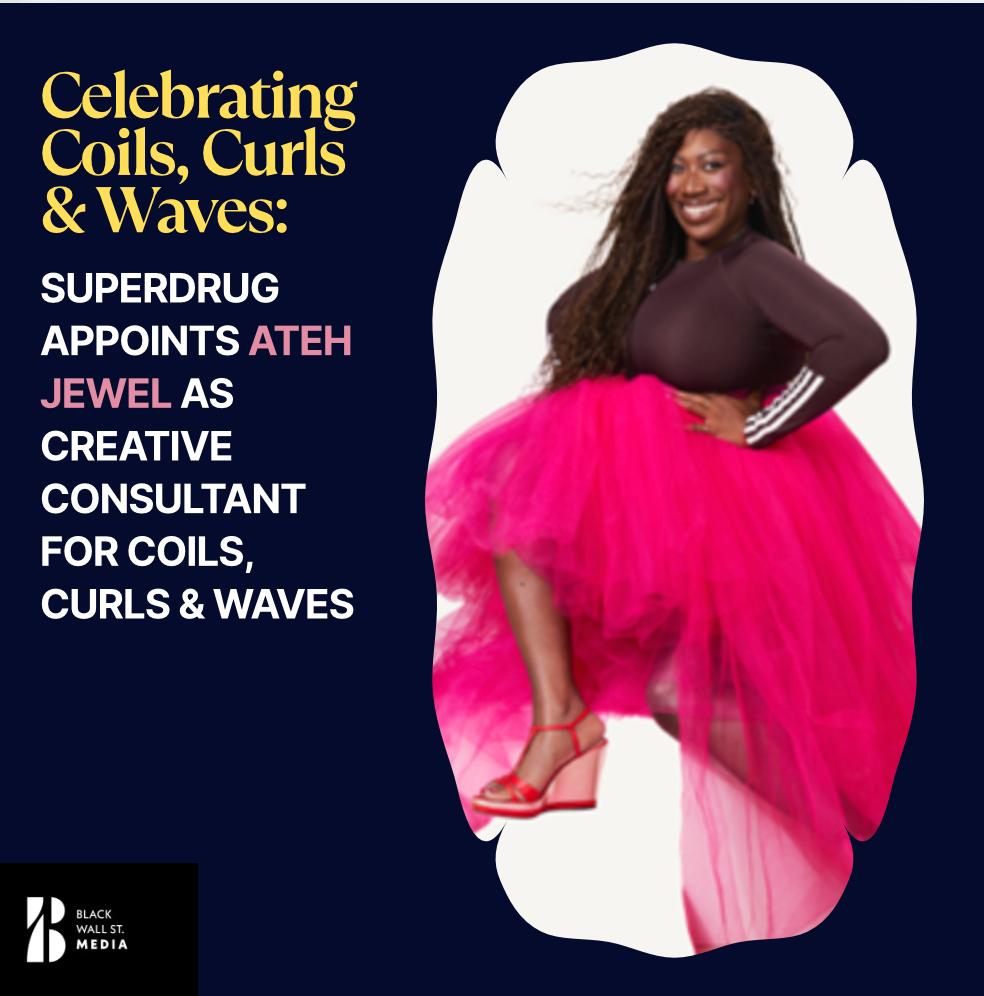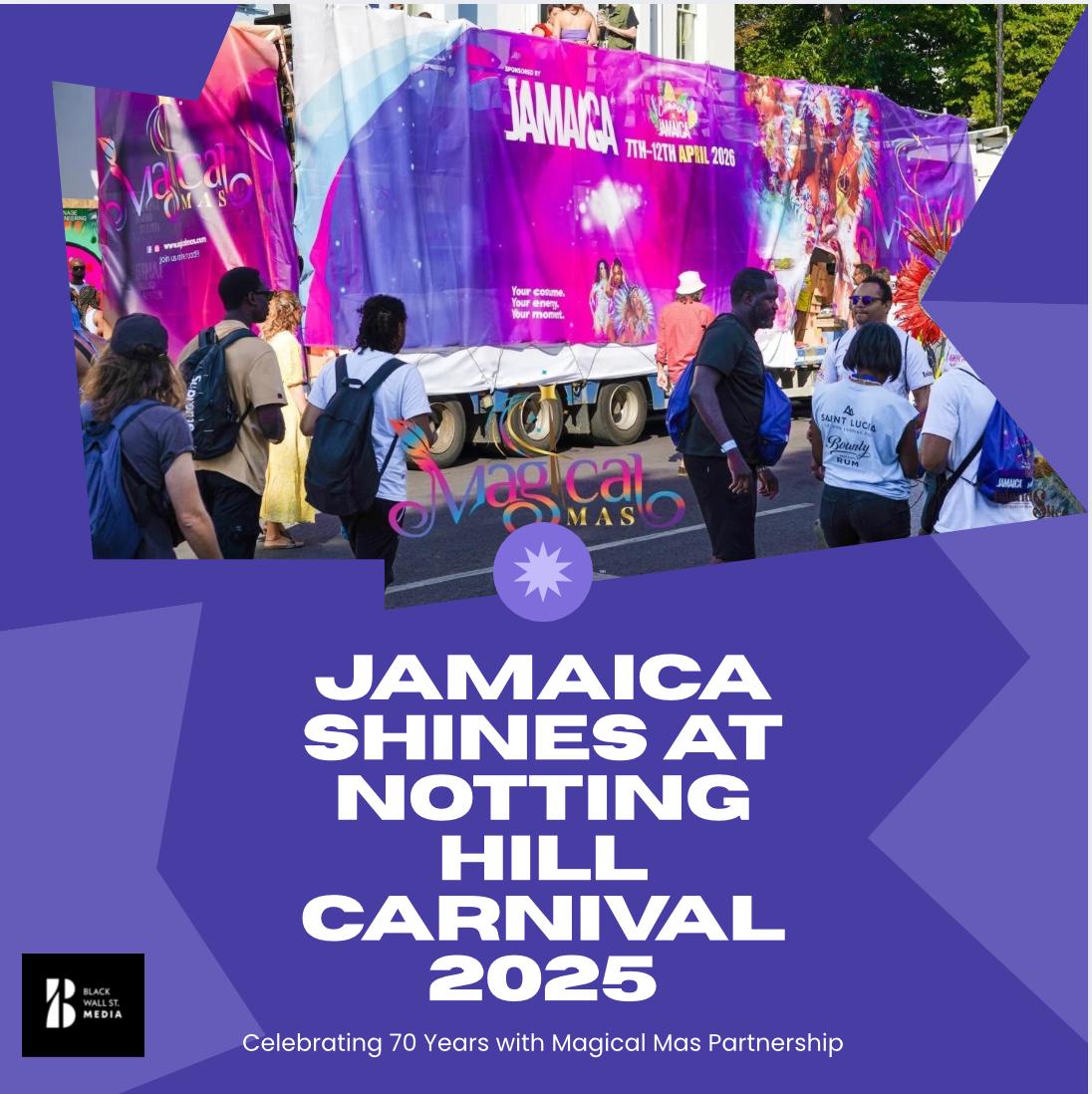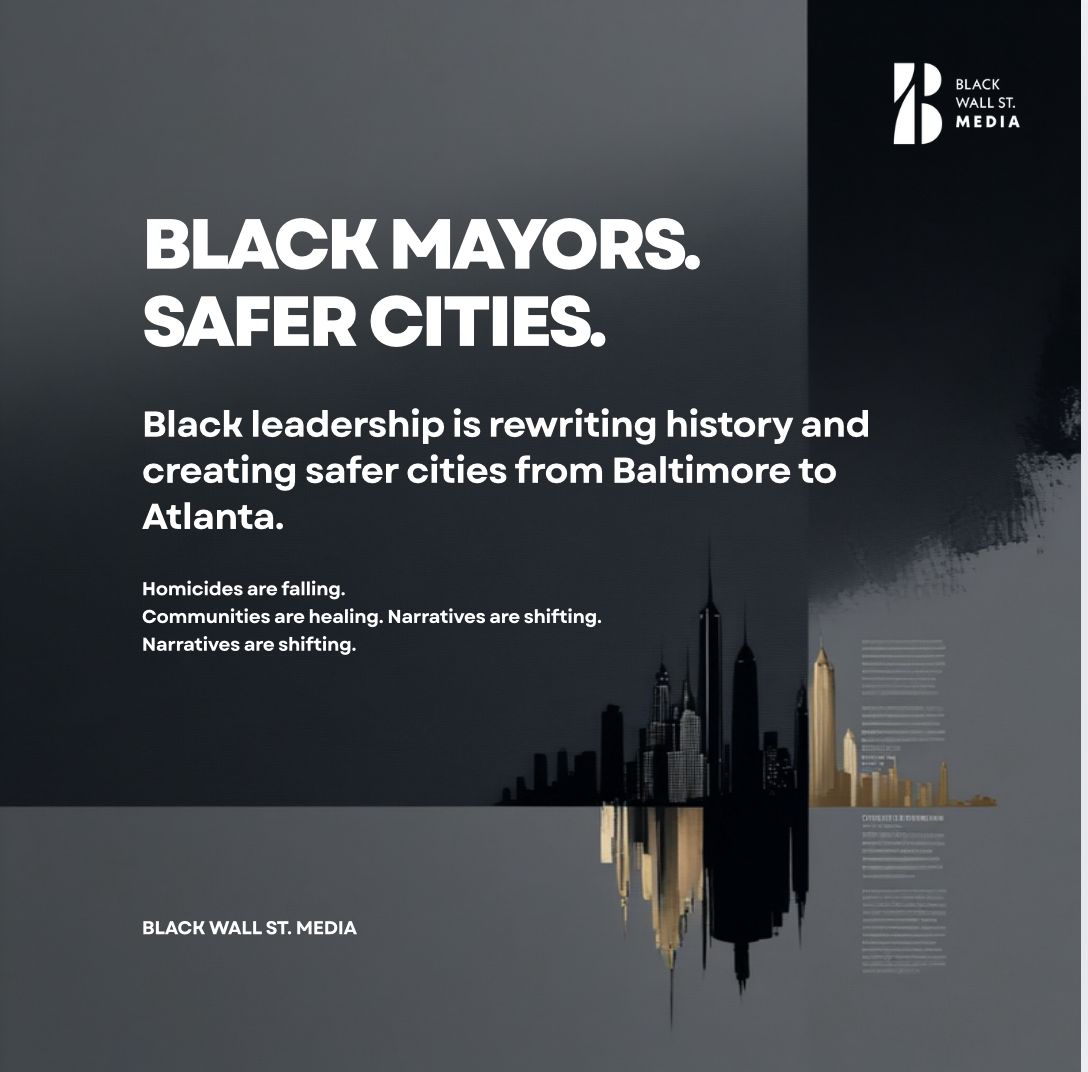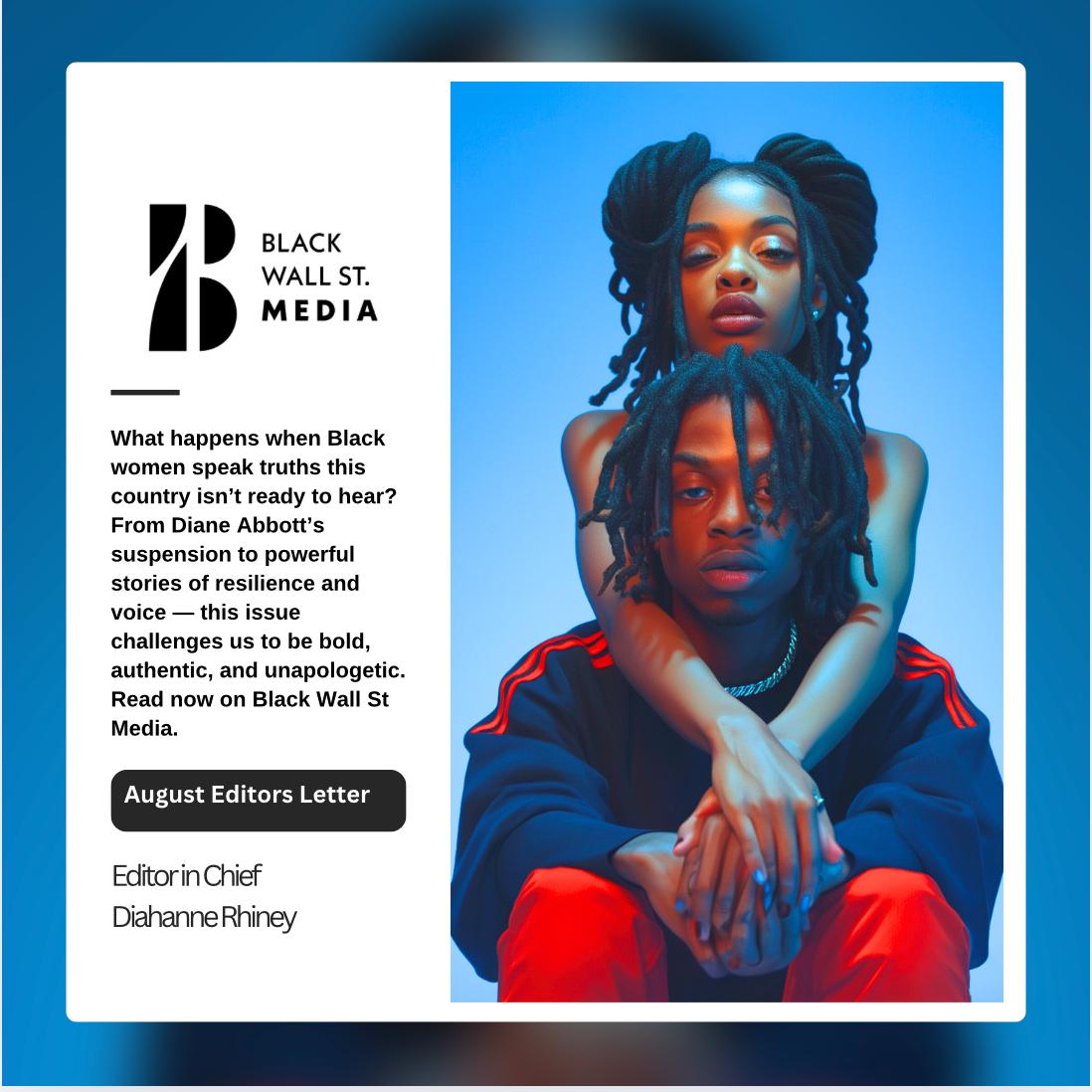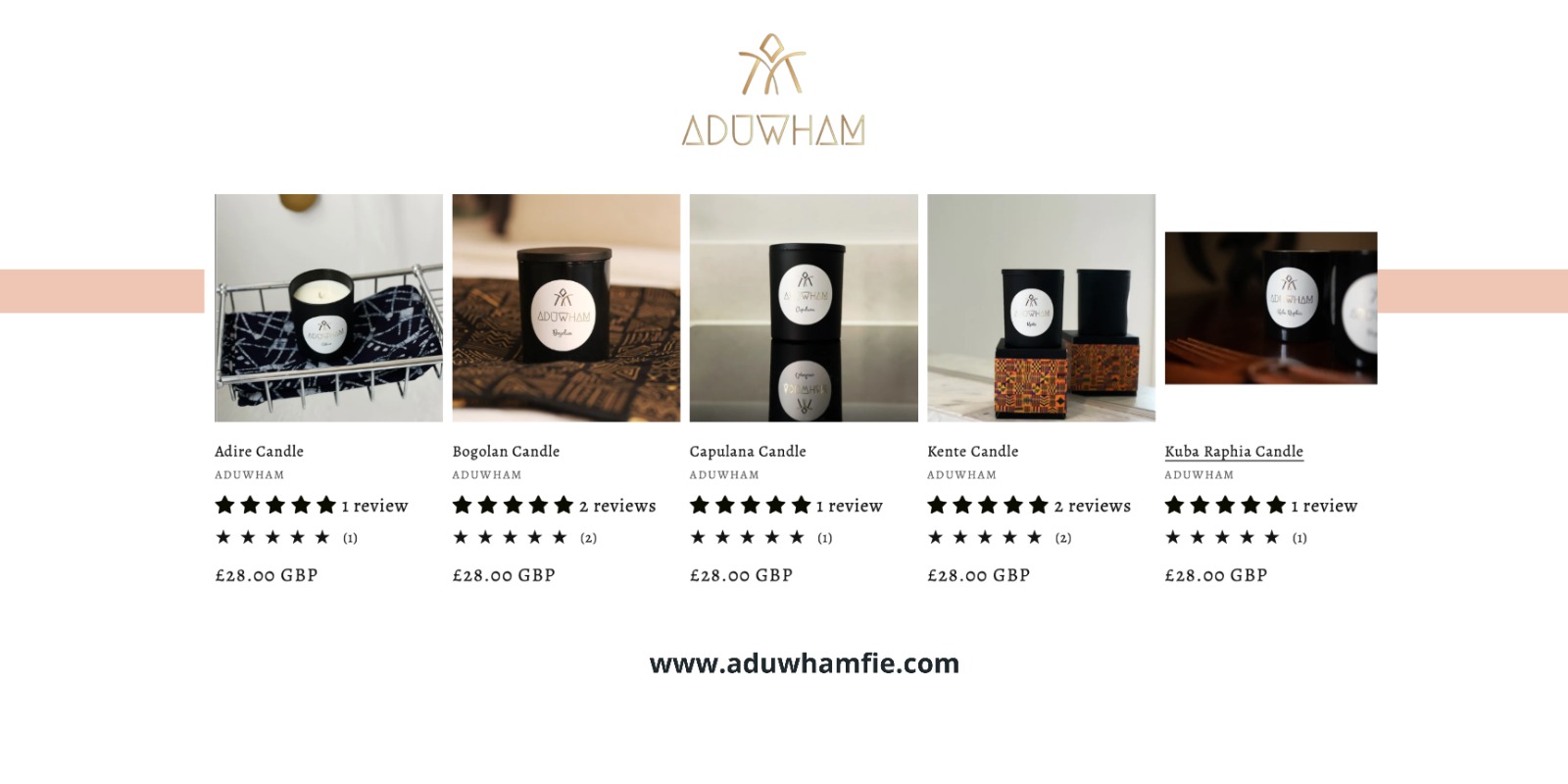Black Women’s Health and Wellness
Are all women the same? Black women's journeys to wellness and well-being.
“Explore the unique wellness journeys of Black women.”
Dr Diahanne RineyEditor in Chief
I have been a champion for the health and wellness of black females for decades and if there’s one question, I’m asked frequently it’s’ Why do we need black women’s wellness, aren’t all women the same?’ The simple answer is no, we are not.
Don’t get me wrong, I’ve hosted female empowerment groups with all different ages, races and ages of women and observed the solidarity between women who have experienced, lived and overcome.
Still, the simple fact remains that there is a unique approach to black women’s wellness because black women have a unique journey.
I’ll give you an example. The notion of intergenerational trauma relating to the development of depression and other mental illnesses has been recognised for some time. But how often do we talk about the trauma of racism being involved in the transmission of intergenerational trauma?
Black people are used to enduring unspoken pain, whether this means having to endure overt racism, microaggressions, or being negatively perceived and being denied opportunities regardless of how hard we work. Now, when those same traumas span generations, you have a deep level of trauma that is inherited.
Many of us have been raised to be “strong”.
The Strong Black Woman stereotype demands that we suck up our trauma and pain, and with that mindset comes serious consequences.
It makes us more at risk of depression, anxiety, and mental health issues. Not to mention headaches, high blood pressure, chest pain, fatigue, stomach issues, and insomnia.
The consequences of these are a weakened immune system, anxiety, depression, Type 2 diabetes, heart issues, cancer, and a whole group of adverse health outcomes that Black women are more likely to experience.
So, the bottom line is that a pedicure isn’t enough.
We must go deeper because the world in which we live in is not sustainable for us to live at the pace we are living at. Black women’s health is a national health crisis.
So, when I speak about the urgent need for black women to invest in wellness, I really view it as a life or death emergency.
When Black mothers are dying in childbirth at three times the rates of white women, it is a crisis. We are dying, across the board, at higher rates. Working on our health couldn’t be any more important.
“From believing black people feel less physical pain, to sectioning them more frequently, to black women being four times as likely to die during childbirth than their white counterparts, the biases are there within the healthcare sector.”
So, for black women, self-care isn’t just about manicures and massages (although it should include them). It is about activities that support our self-preservation in a world that is damaging our health.
It is a preventive measure. I think of it as the most successful form of self-defence. Yes, we can vote, protest and work to make a change in the world, but starting with our own well-being is an important act of self-protection.
I have worked hard to research methods that help my wellness. It is worrying to me that so many other black women do not have that self-care defence system in place in the world we are living in.
Something urgently needs to be done to level the playing field for equality in healthcare. It is a reality that black women have to worry about how they will be perceived during a mental health crisis on top of trying to seek help.
And that cannot be right. For way too long, Black women have suffered worse healthcare outcomes than other women, and change is overdue.
We need spaces where we can be vulnerable, and we need to come together to explore healing practices that are specific to the black female journey.
Therapy, Pilates, nutrition, spa days, hair appointments, prayer, meditation, walking, black women’s talk spaces and circles, I do it all. And I believe that’s what it takes to heal and to thrive.
Developing a four-stage self-defence kit is vital. The four stages are emotional, mental, physical and spiritual.
As black women we need to acknowledge the generational trauma we’re carrying, the institutional racism we’re living in and the healthcare crisis we’re facing and act quickly.
“We may not be able to shift the power dynamics at play in a hurry, but we can protect ourselves. Our health matters, our well-being matters. Black women’s lives matter.”
Dr Diahanne RineyEditor in Chief

